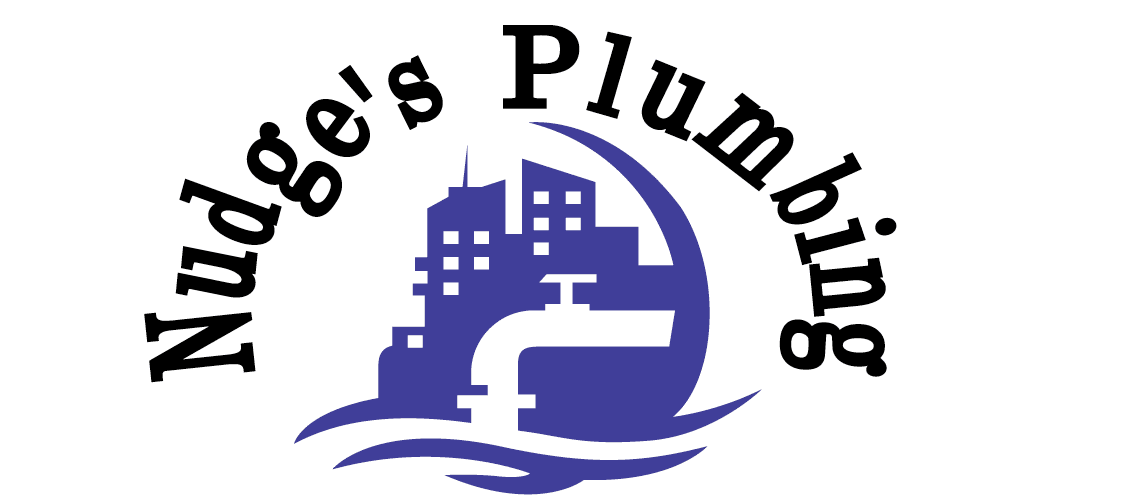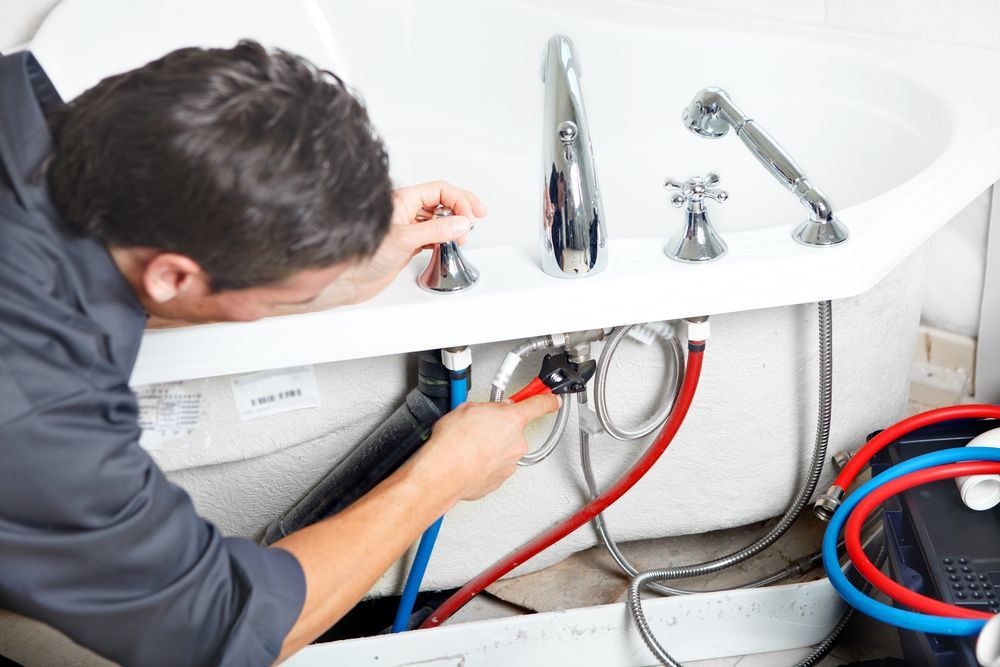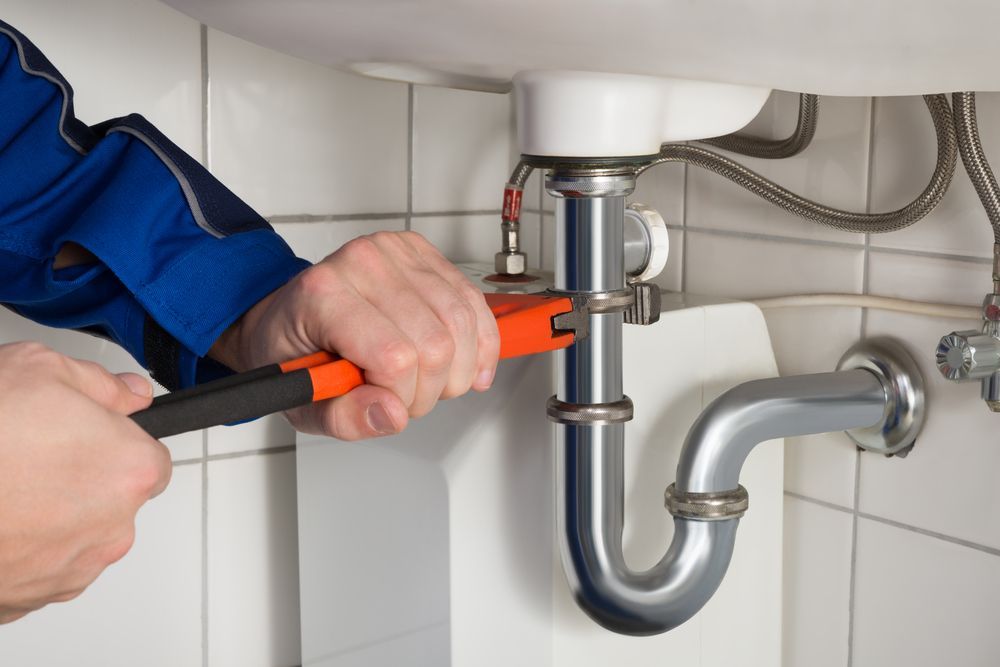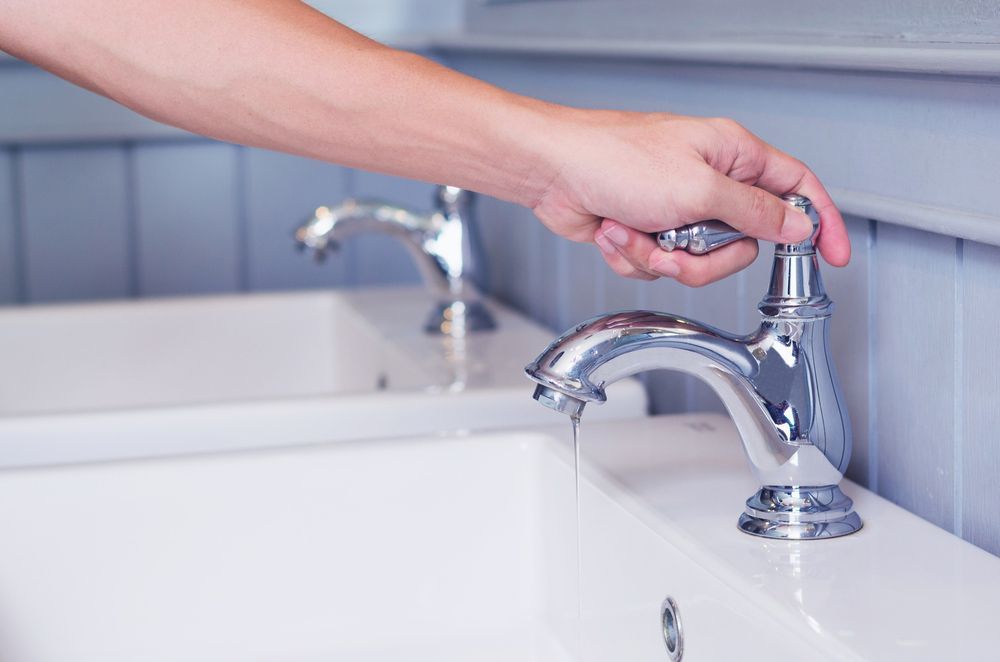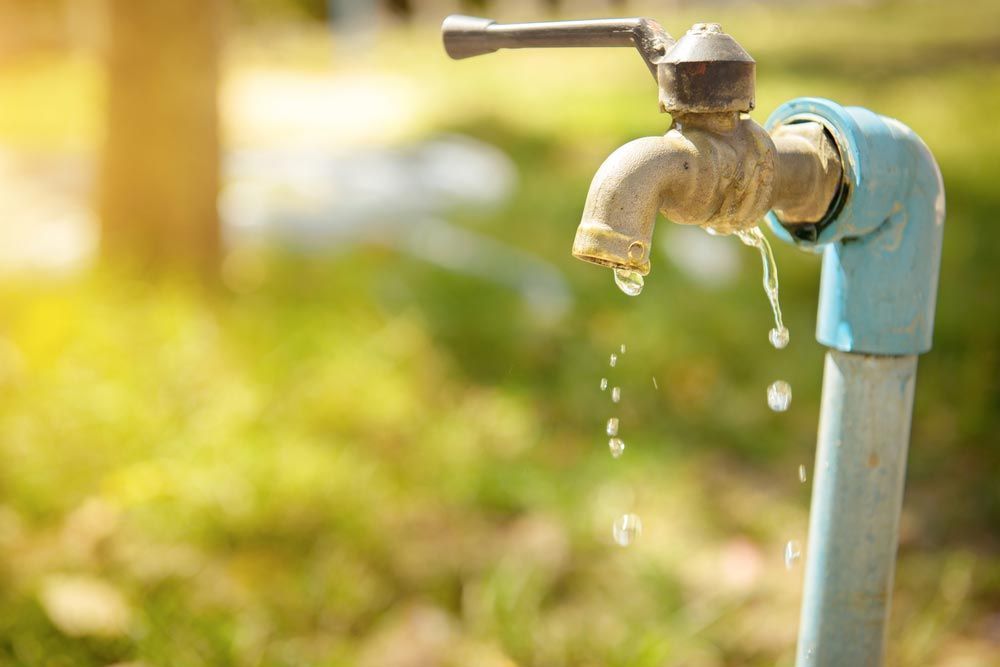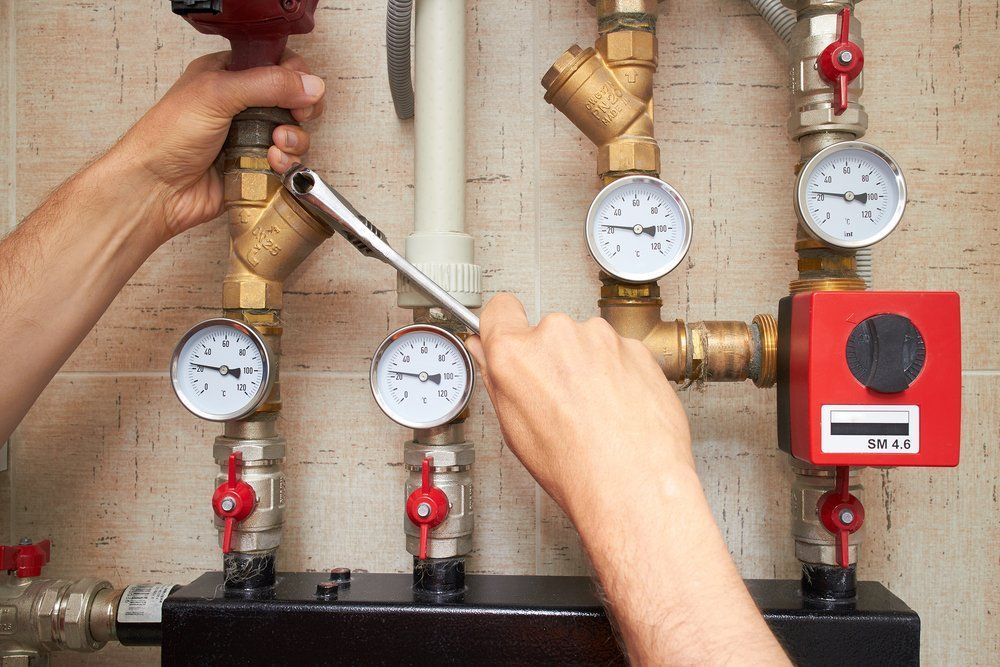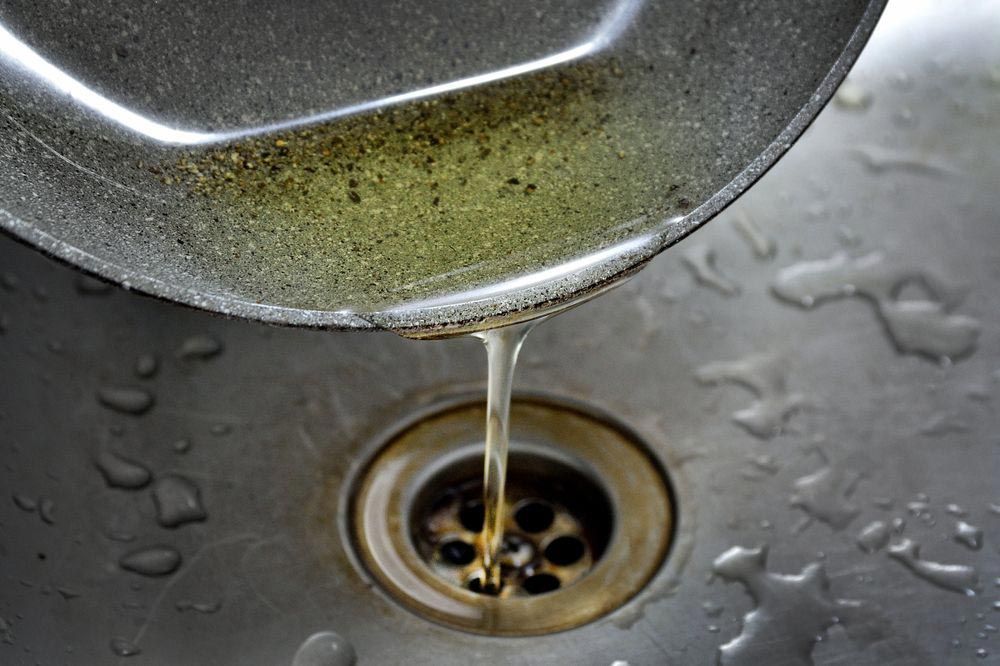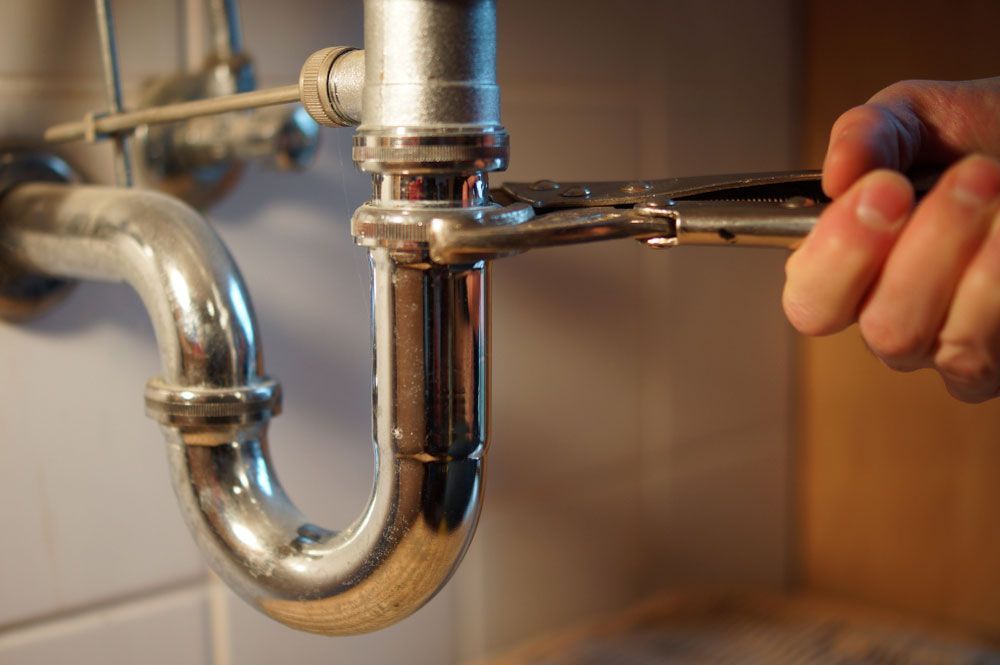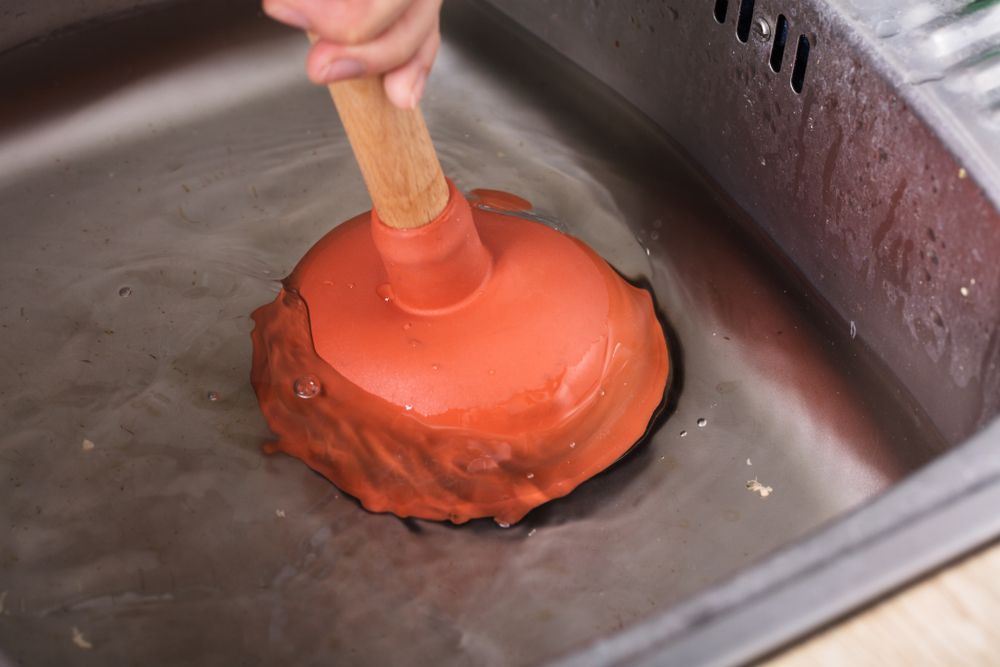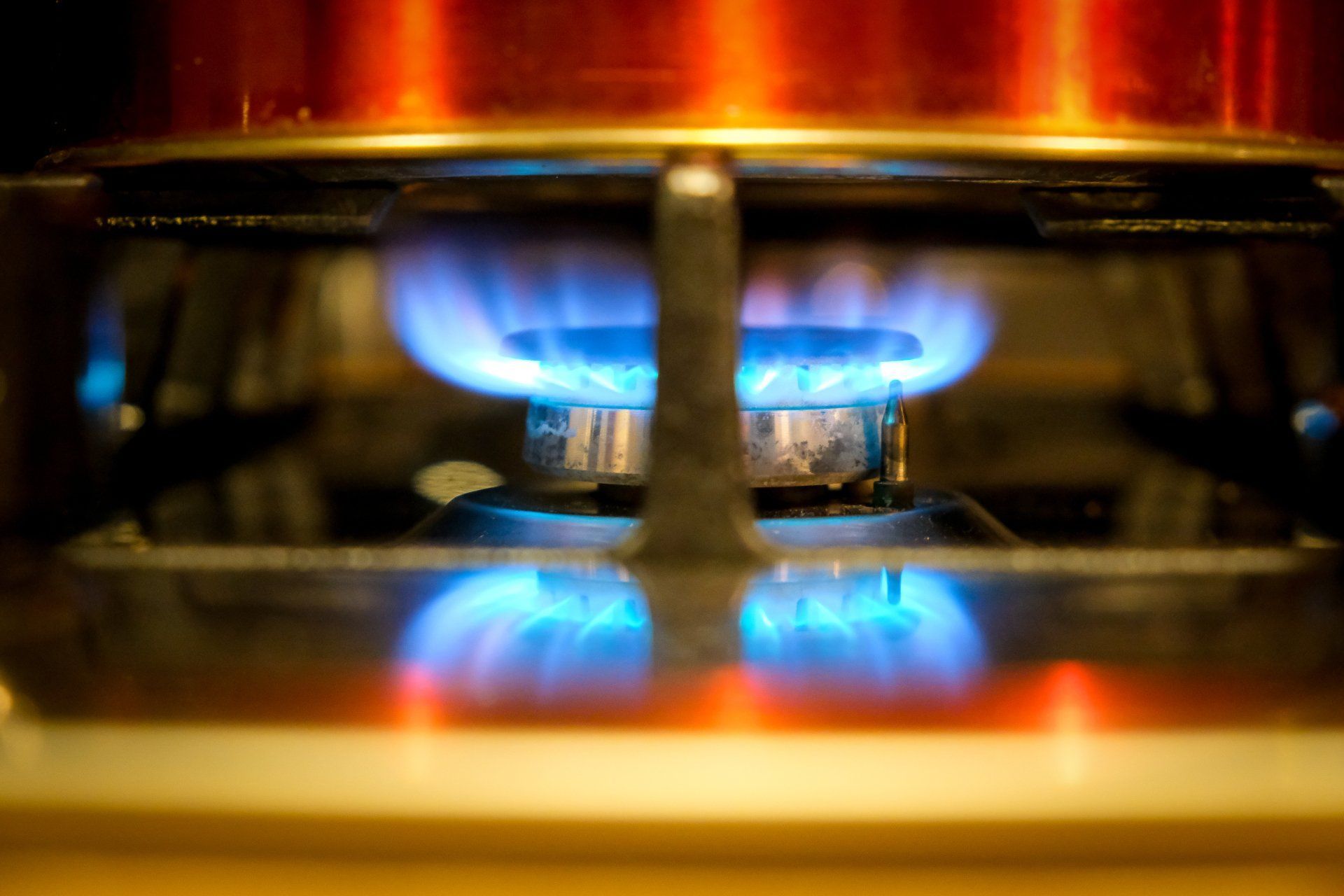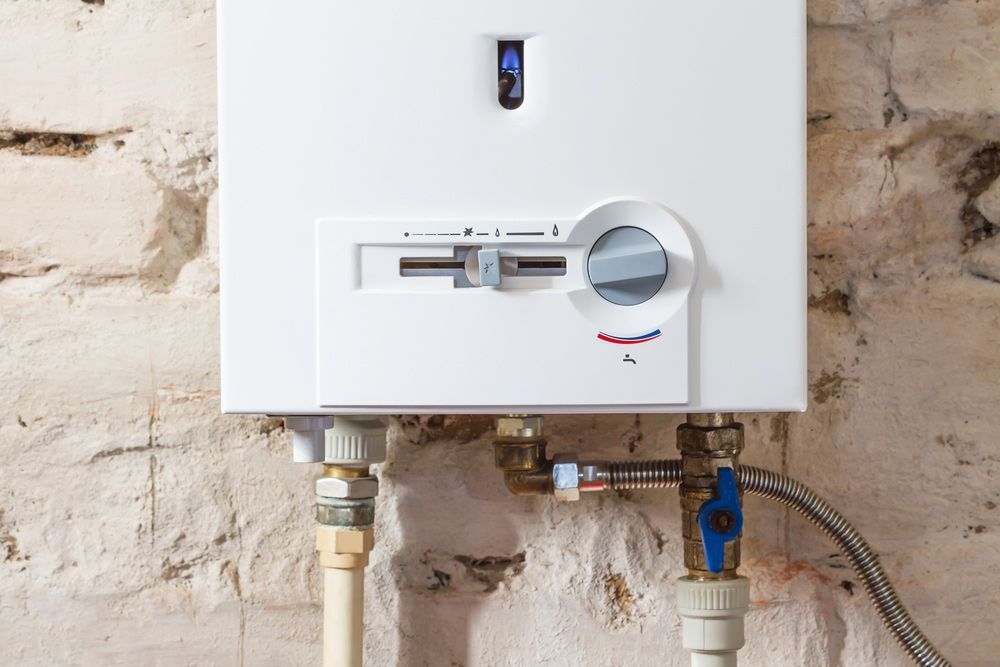The Most Common Plumbing Issues Your Restaurant Will Face
Maintaining a well-functioning plumbing system is paramount in ensuring the smooth operations of a restaurant. Restaurants often encounter various plumbing issues that can lead to disruptions if not promptly addressed. From clogged drains to sewer backups, these problems can not only impede daily operations but also incur significant costs. Proactive management and maintenance of plumbing systems can help prevent such disruptions, such as with the help of a blocked drain service, allowing your restaurant to operate seamlessly. Addressing plumbing issues effectively is crucial in maintaining not just operational integrity but also in ensuring customer satisfaction and safety.
Clogged Drains
Causes of Clogged Drains
Clogged drains are common in restaurants, primarily due to the nature of the business, which involves a lot of food preparation. Grease build-up and food waste are the leading causes of drain blockages in a restaurant setting. As oils and fats cool, they solidify and adhere to the pipes, gradually narrowing the passageway. Over time, food particles can accumulate and contribute to the blockage, causing slow drainage or complete stoppages and the need for a blocked drain service. According to IBISWorld, there are approximately 28,915 businesses operating in Australia, indicating a vast network of plumbing systems under constant pressure in similar environments.
Prevention Strategies
Preventing clogged drains requires strategic planning and regular maintenance. Restaurants can install grease traps in their plumbing systems to capture grease before it enters the pipes. Regular cleaning of these traps is necessary to ensure their effectiveness. Incorporating daily practices such as scraping food scraps into the bin before washing dishes can significantly reduce the amount of waste entering the plumbing. Staff training on proper disposal methods is vital for sustaining these preventive measures, and be sure to call a blocked drain service if a back-up does occur.
Long-Term Maintenance Tips
Establishing a regular maintenance routine can minimise the occurrence of clogged drains. Scheduling periodic professional inspections can help detect potential problems before they escalate. Restaurants should implement a waste management system that focuses on reducing the amount of waste entering the drains. Keeping an inspection checklist and training staff on identifying early signs of clogs can lead to proactive maintenance. Consistent upkeep ensures that the plumbing system remains in optimal condition, avoiding costly blocked drain service repairs.
When to Call a Professional
There are specific indicators that suggest the need for a professional blocked drain service. If the drain remains clogged despite using conventional solutions, a more serious obstruction might be present. Repeated clogging or several slow drains at once can indicate a more significant issue, possibly within the main sewer line. Professional plumbers have specialised equipment, such as hydro-jetting tools, to clear stubborn blockages. Consistent loud noises from pipes, odd smells or water pooling are signs that warrant professional evaluation. In such scenarios, delaying professional intervention could lead to extensive damage, so it's important to secure
blocked drain service right away.
Leaky Taps and Pipes
Identifying Leaks
Spotting leaks early is critical in preventing water wastage and minimising damage. Regular visual inspections of pipes, seals and fixtures can help identify leaks in their nascent stages. Monitoring water bills for unexpected spikes can also alert restaurant owners to possible leaks. Even minor leaks, if left unaddressed, can lead to increased overhead costs and structural issues. Paying attention to dripping sounds and water stains ensures that leaks are caught before they cause significant disruptions.
Common Causes of Leaks
The causes behind leaky taps and pipes are varied, with ageing infrastructure being a primary factor. Over time, seals and washers wear down, leading to drips from taps. Corrosion can weaken pipes, causing small openings that lead to leakage. Sudden temperature fluctuations can cause expansion and contraction in plumbing materials, leading to stress fractures. Regular wear and tear, combined with high water pressure, can exacerbate these issues, making periodic checks essential.
The Impact of Ignoring Repairs
Ignoring leaky taps and pipes can lead to significant consequences for restaurant operations. Allowing leaks to persist can result in structural damage, particularly if water seeps into walls and foundations. This not only increases repair costs but can also pose safety risks. Increased water consumption due to leaks leads to higher water bills, directly affecting profit margins. Furthermore, the presence of mould and mildew from moisture build-up can create health hazards for staff and customers. Addressing leaks promptly ensures long-term operational efficiency.
Choosing the Right Plumbing Specialist
Selecting a qualified plumber is vital for resolving serious or persistent leaks effectively. Researching plumbers with specific experience in restaurant plumbing can lead to better service. Reading reviews and checking for proper licensing can ensure the selection of a reputable professional. Establishing a relationship with a trusted plumbing service provides peace of mind for ongoing maintenance needs.
Low Water Pressure
Symptoms of Low Water Pressure
Low water pressure can significantly disrupt restaurant operations, particularly in kitchen and restroom areas. Slow water flow from taps or weak shower streams are common indicators. Dishwasher performance may decline, affecting the speed and efficiency of cleaning operations. Customers may experience dissatisfaction with restroom facilities if water pressure is inadequate. Identifying these symptoms early can prevent operational delays and customer complaints.
Diagnosing the Problem
Determining the cause of low water pressure involves a systematic approach to identify the source. Checking the water pressure at different outlets can help isolate specific areas affected. Inspecting fixtures for blockages or valve issues can provide quick solutions. Evaluating the plumbing system for leaks can help trace pressure loss. Understanding when to call a professional for a comprehensive system inspection is crucial in resolving persistent issues.
Potential Causes
Several factors can contribute to low water pressure in a restaurant setting. Blockages in pipes, often caused by mineral build-up, can restrict water flow. Faulty pressure-reducing valves can lead to inconsistencies in water pressure. Pipe corrosion over time can narrow pathways, reducing efficiency. Plumbing design flaws, such as undersized or improperly aligned pipes, may cause systemic pressure issues. Identifying these causes allows for targeted interventions and repairs.
Long-Term Solutions
Long-term solutions for low water pressure may involve significant upgrades or overhauls to the plumbing system. Replacing corroded or blocked pipes can improve water flow and efficiency. Upgrading to modern fixtures designed for optimal pressure performance can enhance operations. Considering enhancements to the water supply system, such as booster pumps, may be necessary in intricate cases. Planning and implementing these changes strategically can minimise downtime and cost disruptions. Proactive adjustments ensure a reliable water supply for restaurant needs.
Toilet Malfunctions
Common Toilet Problems
Toilet malfunctions in a restaurant can lead to sanitation issues and customer dissatisfaction. Common problems include running toilets, which increase water bills and noise disturbance. Frequent clogs interrupt restroom availability, causing inconvenience for patrons and staff. Faulty flush mechanisms or installation errors can lead to recurring issues. Addressing these problems promptly maintains restroom functionality and customer confidence.
Repair vs Replacement
Deciding between toilet repair or replacement depends on the extent of problems and costs involved. Minor repairs for single issues can be economical but may accumulate over time. If the toilet is old or has repeated problems despite repairs, replacement may be the better option. Newer models can offer improved efficiency and durability. Analysing the long-term benefits and return on investment ensures the right choice for maintaining restroom standards.
Professional Repair Services
Professional repair or installation services are often preferable for complex toilet malfunctions. When DIY solutions are insufficient or repeated problems occur, professional assessment is recommended. Plumbers can identify underlying issues and provide comprehensive repairs. Installing new toilets professionally ensures compliance with local codes and optimal performance. Establishing a relationship with reliable plumbing services provides peace of mind for managing restroom facilities.
Efficient management of plumbing systems is crucial in ensuring the smooth operation of a restaurant. Addressing plumbing issues promptly, from clogged drains to toilet malfunctions, prevents disruptions and maintains customer satisfaction. Regular maintenance and professional support are key components in sustaining functional and efficient plumbing. By implementing preventive measures and responding quickly to issues, restaurants can protect their operations and uphold high standards of service. Proactive plumbing management contributes to a safe, efficient and profitable restaurant environment. Contact Nudges Plumbing to see how we can help.
Site Links
Locations We Service
Plumbing Services
Contacts
T. 02 6885 6657
ABN: 17 135 690 685
NSW Fair Trading 223047C
Trading Hours
- Monday
- -
- Tuesday
- -
- Wednesday
- -
- Thursday
- -
- Friday
- -
- Saturday
- Closed
- Sunday
- Closed
